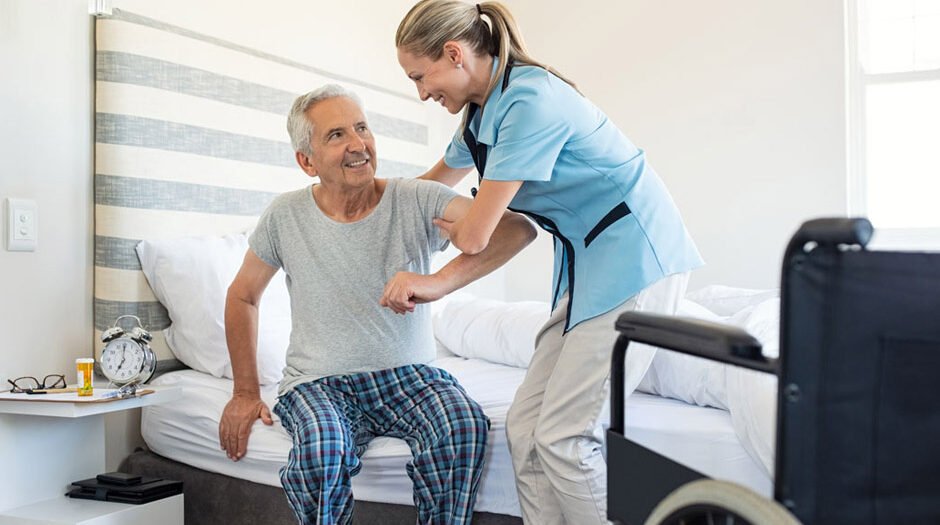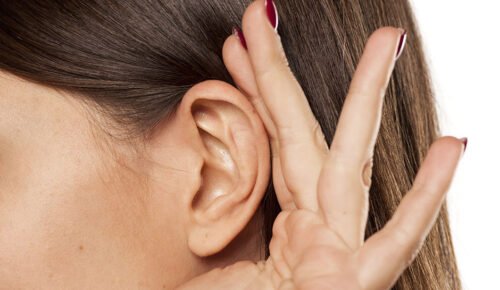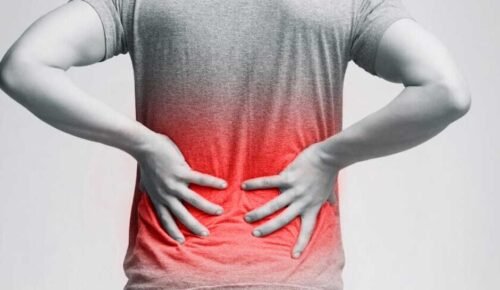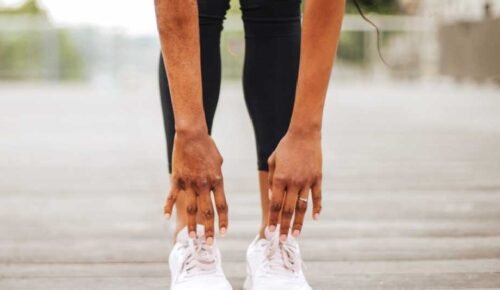Maintaining confidence in daily life can be a challenge for individuals managing physical limitations, chronic conditions, or health-related concerns. However, with the right tools and strategies, it is possible to regain control and approach everyday tasks with confidence and ease. Effective management tools, ranging from mobility aids to personal care products, play a crucial role in enhancing independence and ensuring comfort.
For example, for individuals managing incontinence, selecting the appropriate continence aid can make all the difference in maintaining dignity and confidence throughout the day. This article will explore a range of management tools designed to support everyday confidence and ensure that individuals can tackle their daily routines with ease and comfort.
1. Mobility Aids for Enhanced Movement
Mobility is essential for maintaining independence, and for those facing mobility challenges, the right tools can provide both support and confidence. Mobility aids help individuals move around safely, reducing the risk of falls and making everyday tasks more manageable.
Walking Aids for Stability and Balance
Walking aids such as canes, crutches, and walkers offer varying levels of support based on individual needs. These tools provide stability for those who may have difficulty walking unaided, helping to reduce the risk of falls and injuries. Walkers and rollators, in particular, offer additional balance support and can be equipped with a seat for resting, making them ideal for individuals who need to take frequent breaks.
Choosing the right walking aid is essential for both comfort and effectiveness. It’s important to select an aid that matches your specific needs, ensuring that it provides adequate support without restricting your movement.
Wheelchairs and Mobility Scooters for Independence
For individuals with more significant mobility challenges, wheelchairs and mobility scooters offer a greater degree of independence. These aids allow users to move around freely both indoors and outdoors, giving them the confidence to participate in social activities, run errands, or visit friends without feeling restricted by their mobility limitations.
When selecting a wheelchair or scooter, comfort should be a priority. Features like padded seating, adjustable footrests, and easy-to-operate controls ensure that the user can navigate their environment comfortably and confidently.
2. Personal Care Tools for Maintaining Dignity
Personal care is a crucial aspect of daily life, and the right tools can make these tasks easier and less stressful for individuals facing physical challenges. From bathing aids to grooming tools, personal care products are designed to promote independence and comfort, ensuring that individuals can maintain their dignity while managing their health.
Continence Products for Comfort and Discretion
For individuals managing incontinence, choosing the right continence products is essential for maintaining confidence in everyday activities. A well-chosen continence product can prevent leaks and offer comfort, allowing individuals to go about their daily routines without fear of embarrassment. Continence products come in various forms, including disposable pads, pull-up pants, and washable underwear, providing options that cater to different levels of incontinence.
Selecting a product that offers the right balance between absorbency and comfort ensures that individuals can manage their condition discreetly, giving them the freedom to engage in social activities and daily tasks with confidence.
Bathing and Grooming Aids for Independence
Bathing and grooming can be challenging for individuals with limited mobility or strength. However, with the right tools, these tasks can be made more manageable. Shower chairs, grab bars, and handheld showerheads provide stability and reduce the risk of slips or falls, allowing individuals to maintain their hygiene routines independently.
Grooming tools, such as long-handled hairbrushes or electric shavers, are designed to accommodate those with reduced dexterity or flexibility, helping them manage their personal care without assistance. These products not only enhance comfort but also promote a sense of self-sufficiency and independence.
3. Home Adaptations for Safety and Comfort
Creating a safe and comfortable living environment is essential for individuals with mobility or health challenges. Simple home adaptations can make a significant difference in ensuring that individuals can move around their home confidently and perform everyday tasks with ease.
Installing Handrails and Ramps
Handrails, particularly in bathrooms and along staircases, provide essential support for individuals who may have difficulty balancing or walking. Installing handrails near the toilet, in the shower, or along hallways can prevent falls and give individuals the confidence to move around their home independently.
Ramps are another key adaptation for individuals using wheelchairs or mobility scooters. By replacing stairs with ramps, individuals can access different parts of their home and enter or exit the house more easily, providing them with greater freedom and mobility.
Non-Slip Flooring and Accessible Furniture
Non-slip flooring in areas such as the bathroom and kitchen can help prevent slips and falls, especially in spaces that are prone to getting wet. Ensuring that floors are free from clutter and using non-slip mats can also enhance safety and give individuals peace of mind as they move around their home.
Additionally, accessible furniture, such as recliner chairs and adjustable beds, can make a significant difference in comfort and ease of movement. These items are designed to reduce strain on the body and provide support when sitting or lying down, making daily tasks more comfortable.
4. Adaptive Technology for Daily Convenience
Technology has made significant advancements in recent years, offering innovative solutions that enhance independence and confidence in daily life. Adaptive technology tools can help individuals manage their health, communicate with others, and perform everyday tasks more easily.
Voice-Activated Home Systems
Voice-activated home systems, such as smart speakers, allow individuals to control various aspects of their home environment using voice commands. From turning on lights and adjusting the thermostat to setting reminders or playing music, these systems offer convenience and independence, especially for those with limited mobility or dexterity.
Medication Management Tools
For individuals managing chronic health conditions, medication management tools can be invaluable. Automatic pill dispensers, reminder apps, and smart alarms help individuals keep track of their medications, ensuring that they take the correct dose at the right time. These tools reduce the risk of missed doses and provide peace of mind, giving individuals greater confidence in managing their health.
5. Emotional and Social Support for Confidence
Confidence in daily life is not solely dependent on physical tools; emotional and social support also play a crucial role. For individuals facing health challenges or mobility issues, maintaining social connections and receiving emotional support can boost confidence and reduce feelings of isolation.
Staying Socially Engaged
Maintaining regular social interactions is essential for mental and emotional well-being. Whether through phone calls, video chats, or in-person visits, staying connected with friends and family helps individuals feel supported and valued. Community groups and social activities designed for individuals with specific health conditions can also provide a sense of belonging and foster meaningful relationships.
Counselling and Support Groups
For individuals dealing with health conditions or significant lifestyle changes, counselling or participation in support groups can be beneficial. These services provide a safe space for individuals to express their concerns, share their experiences, and receive guidance on managing their emotions and challenges. Emotional support is key to maintaining confidence, as it helps individuals feel more empowered and in control of their situation.
Tools for Everyday Confidence
Effective management tools, ranging from mobility aids to adaptive technology, play a vital role in promoting independence, comfort, and confidence in daily life. By selecting the right tools to meet individual needs, individuals can approach everyday tasks with greater ease and dignity. Whether it’s through mobility support, personal care products, or emotional and social engagement, these tools offer the support needed to maintain a positive quality of life.
With the right management strategies in place, individuals can face daily challenges with confidence, knowing that they have the resources and support necessary to live life fully and independently.


















